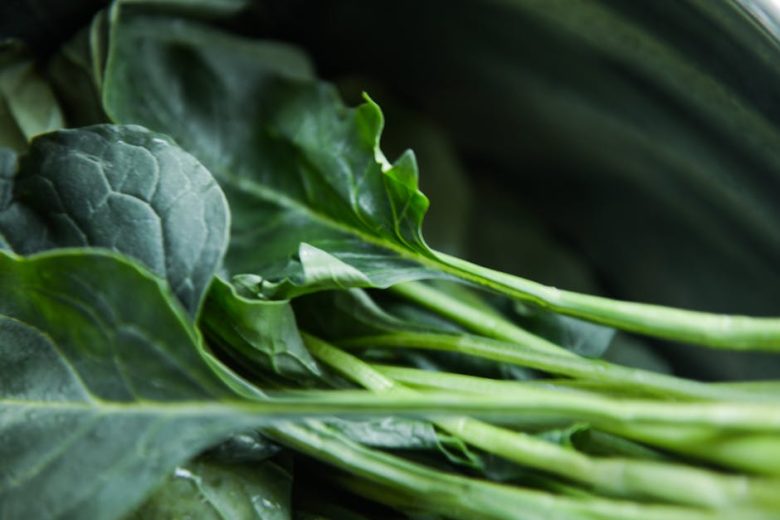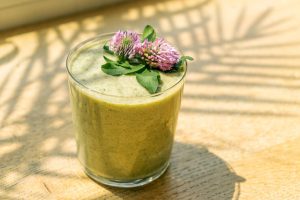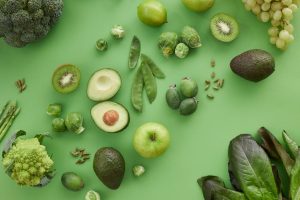In our modern world, plastic is everywhere. From the packaging that holds our food to the bottles we drink from, it has become an integral part of our daily lives. However, as convenient as plastic may be, a growing body of research suggests that many of the plastics we encounter every day could be silently posing serious health risks. As we navigate the aisles of our supermarkets and go about our daily routines, we may be unknowingly exposing ourselves to harmful chemicals that could have lasting effects on our health.
The alarming truth is that not all plastics are created equal. Many common plastics, especially those that are used in food packaging, contain additives such as phthalates and bisphenol A (BPA) that can leach into our food and drinks. These substances are known endocrine disruptors, meaning they can interfere with our hormonal systems and lead to a host of health problems, from reproductive issues to increased risks of certain cancers. As awareness of these dangers grows, it becomes increasingly important for consumers to make informed choices about the products they use and the materials they bring into their homes.
One of the most concerning aspects of plastic use is its prevalence in food packaging. Studies have shown that when food is stored in plastic containers, especially when heated or left in the sun, harmful chemicals can migrate into the food itself. For example, the use of plastic containers in microwaves has raised red flags among health experts, as the heat can accelerate the leaching process. As we heat leftovers in plastic containers, we may be inadvertently consuming these toxic substances, which is a sobering thought for anyone who values their health.
Moreover, the environmental impact of plastic is another crucial factor to consider. As plastic waste accumulates in our oceans and landfills, it not only threatens marine life but also enters our food chain through microplastics. Fish and other sea creatures ingest these tiny plastic particles, which can then make their way back to our plates. This cycle of pollution raises serious questions about food safety and the long-term implications of plastic consumption. The realization that our actions contribute to this cycle can evoke feelings of guilt and concern for the planet’s future.
In light of these dangers, there is hope on the horizon. Many companies are beginning to recognize the need for safer alternatives and are investing in research to develop biodegradable and non-toxic packaging materials. Additionally, as consumers become more aware of the risks associated with plastics, there is a growing demand for transparency and accountability from manufacturers. This shift in consumer behavior can drive change and encourage industries to adopt more sustainable practices, ultimately leading to a healthier future for both people and the planet.
As we reflect on the hidden dangers of everyday plastics, it’s imperative to take proactive steps to protect ourselves and our environment. By choosing glass, stainless steel, or other safer alternatives, we can minimize our exposure to harmful chemicals and contribute to a more sustainable world. The journey toward a plastic-free future may be challenging, but it is a necessary one. Together, we can advocate for change, support eco-friendly initiatives, and make informed choices that prioritize our health and the health of our planet.
In conclusion, the potential dangers of everyday plastics are a pressing concern that deserves our attention. While the convenience of plastic is undeniable, the health risks and environmental impact cannot be overlooked. By staying informed and making conscious choices, we can reduce our reliance on harmful plastics and pave the way for a safer, more sustainable future. Let us embrace this challenge with hope and determination, knowing that every small change we make can lead to a significant impact for ourselves and generations to come.



